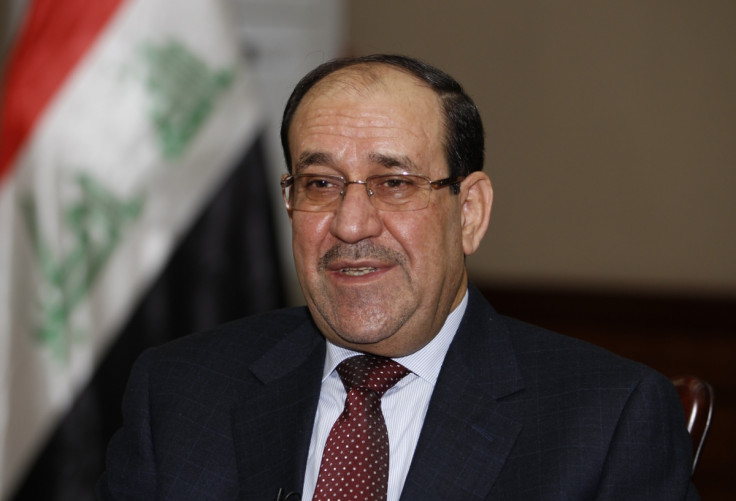Iraq ISIS Crisis: If Nouri al-Maliki Goes who will Replace Him?

On 12 June 2014, a request made by Iraq's Prime Minister, Nouri al-Maliki for the United States to launch air strikes against insurgent ISIS (Islamic State of Iraq and the Levant) and allied Sunni militants, fell on deaf ears. Maybe the President has recognised that none of the belligerents in Iraq (and very few in recent conflicts) are fighting for freedom, democracy and the American Way! More likely President Obama thought that it is the only way to bring pressure on Iraq's Prime Minister to reach out to the more moderate Sunnis and Kurds and bring them into a new "inclusive" government.
And yes, it is up to the Iraqi people to choose their own Prime Minister we were told by several politicians in the Western media but it would be nice, at least from America's perspective, if Mr Maliki would step down.
American politicians have been calling for Prime Minister Maliki to resign, Hilary Clinton comes readily to mind, not long after his assuming office in May 2006 – it was a brief honeymoon period with their new "ally" – possibly because his Islamic Dawa Party is very influenced by the prolific writings of former Supreme Leader of Iran, Ayatollah Ruholla Khomeini.
Ideologically then, there should be no surprise to read that one of the Party's founding principles is to combat secularism or that its tenets include: "Absolute authority belongs to God" and "Islamic injunctions are the basis of legislation. The legislative authority may enact any law not repugnant to Islam".
Constitutions are peppered with flowery language? True, but Ayatollah Khomeini is remembered for saying that "Economics is for donkeys", and that democracy is un-Islamic – and that's putting it politely – not to mention a ruthlessness with opponents unrecognisable in a holy man in the West for several centuries.
There're a couple of other problems that must be taken into account. Prime Minister Malaki is showing obstinate aversion to stepping down and, it was only on 30 April that his political bloc won the most seats in the elections.
That notwithstanding, Hamza Hendawi and Qassim Abdul-Zahra of Associated Press on 27 June, reported that a number of "prominent Shi'ite leaders" are pushing for Mr Maliki's removal, citing his loss of crucial support from Iran's President, Hassan Rouhani.
The reporters did mention that Iraq's Vice President (Khodair al-Khozaei, in a largely ceremonial role) has recalled Parliament on Tuesday, 01 July to start the process of forming a new government. Timetables are unlikely to be in alignment – the USA wants this to happen in the very near future whilst Iraq's last government in 2010 took 10 months to form. The minimum period between Parliament's recall and the formal sitting of a new government, in accordance with the rules of the Constitution of Iraq, is about 75 days.
There are a few prospective candidates for Prime Minister in the wings but not unreasonably, Mr Maliki, if he eventually does agree to step down, could well insist that he should be replaced by another member of his State of the Law bloc and thereby remain as the real power behind the scenes.
In a theatre, every bit as complex as is the situation now in Syria, President Obama has the unenviable task – for he alone amongst world leaders has any clout - of trying to stop Iraq from falling apart in sectarian bloodshed between its Shi'ite majority and Sunni populations, whilst the country is being attacked by the jihadist terrorists of the ISIS, now in control of a third of the country, and an increasingly determined Kurdish Autonomous Region which gives every indication of wanting to be the new nation of Kurdistan.
As if no more water needed pouring on an oil fire, a report in Britain's Financial Times on 26 June reported Prime Minister Maliki welcoming Syrian air strikes against ISIS within Iraq's borders:
"There was no co-ordination but we welcome this operation", Mr Maliki said.
Syrian bombing or American bombing? I would have preferred American. Inclusivity will have to wait a bit longer.
© Copyright IBTimes 2024. All rights reserved.






